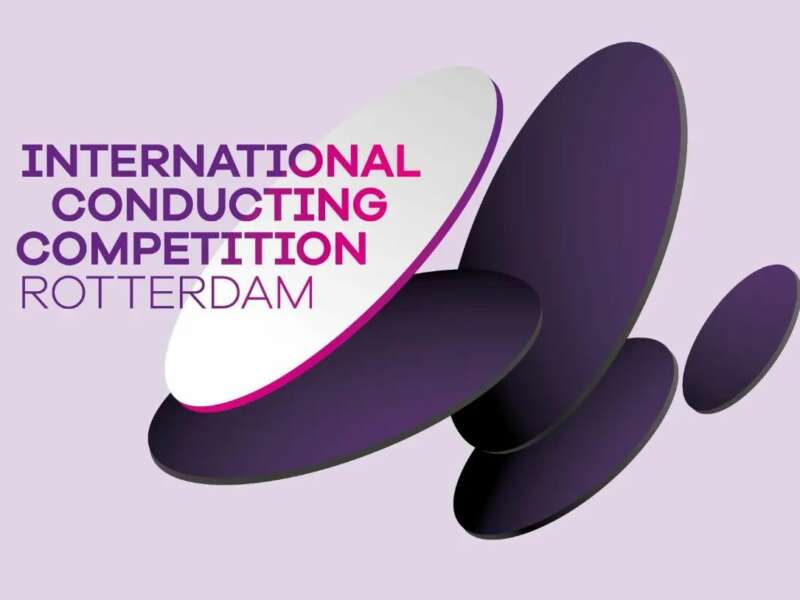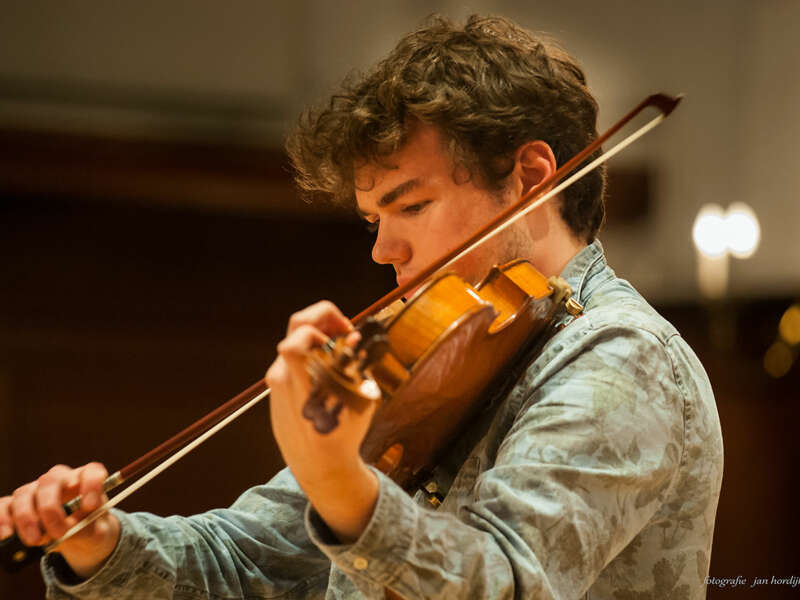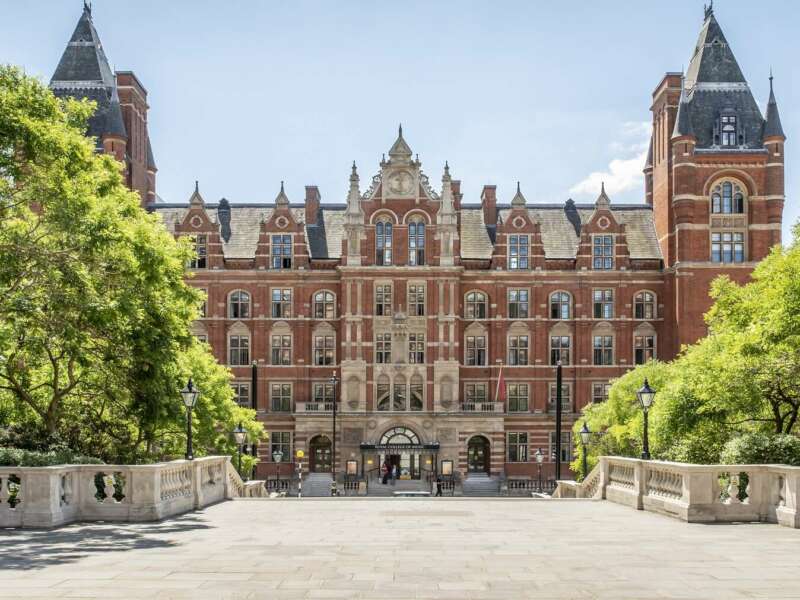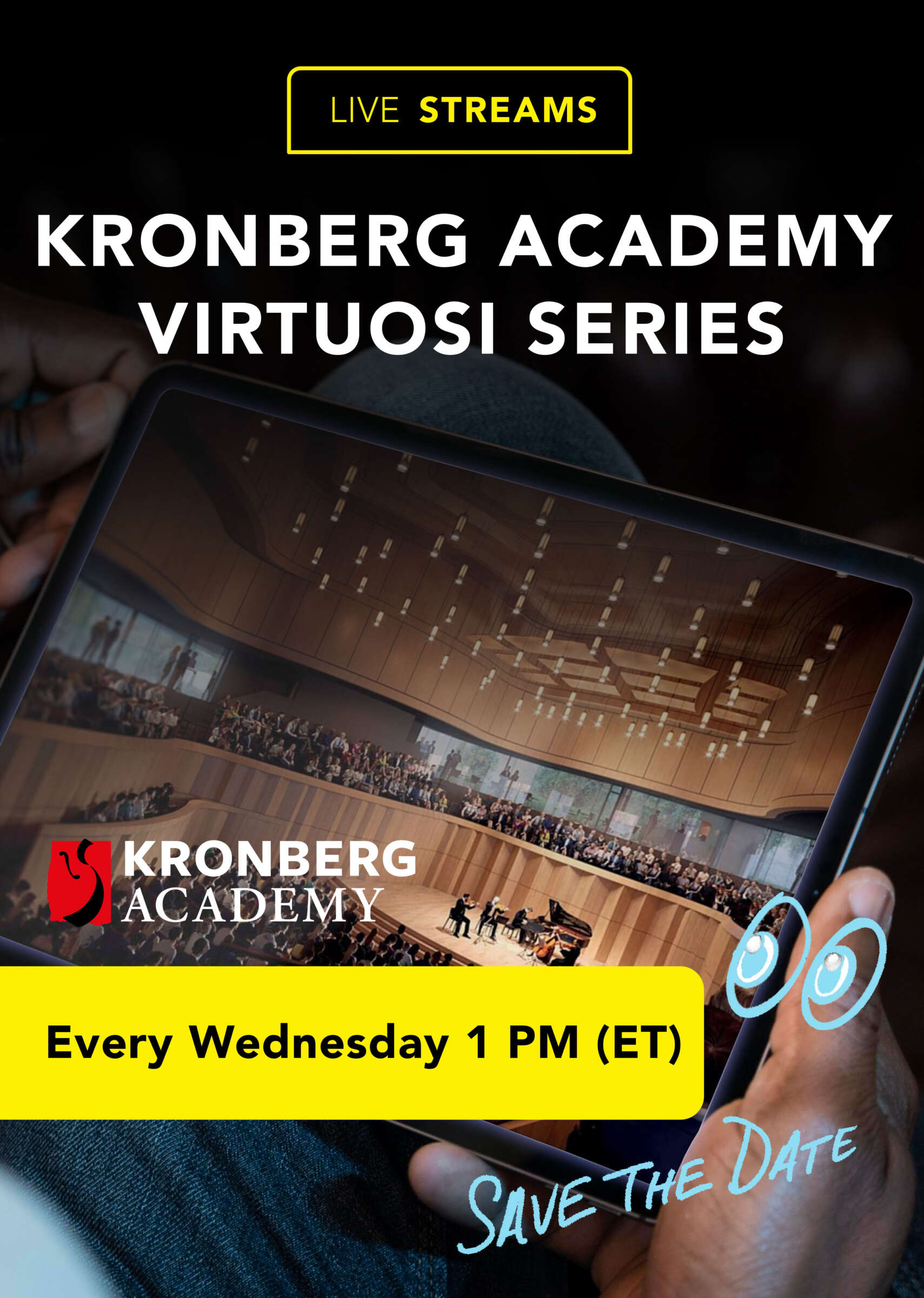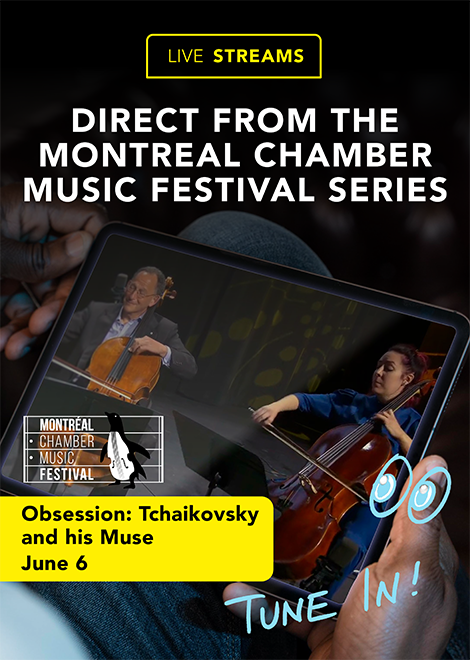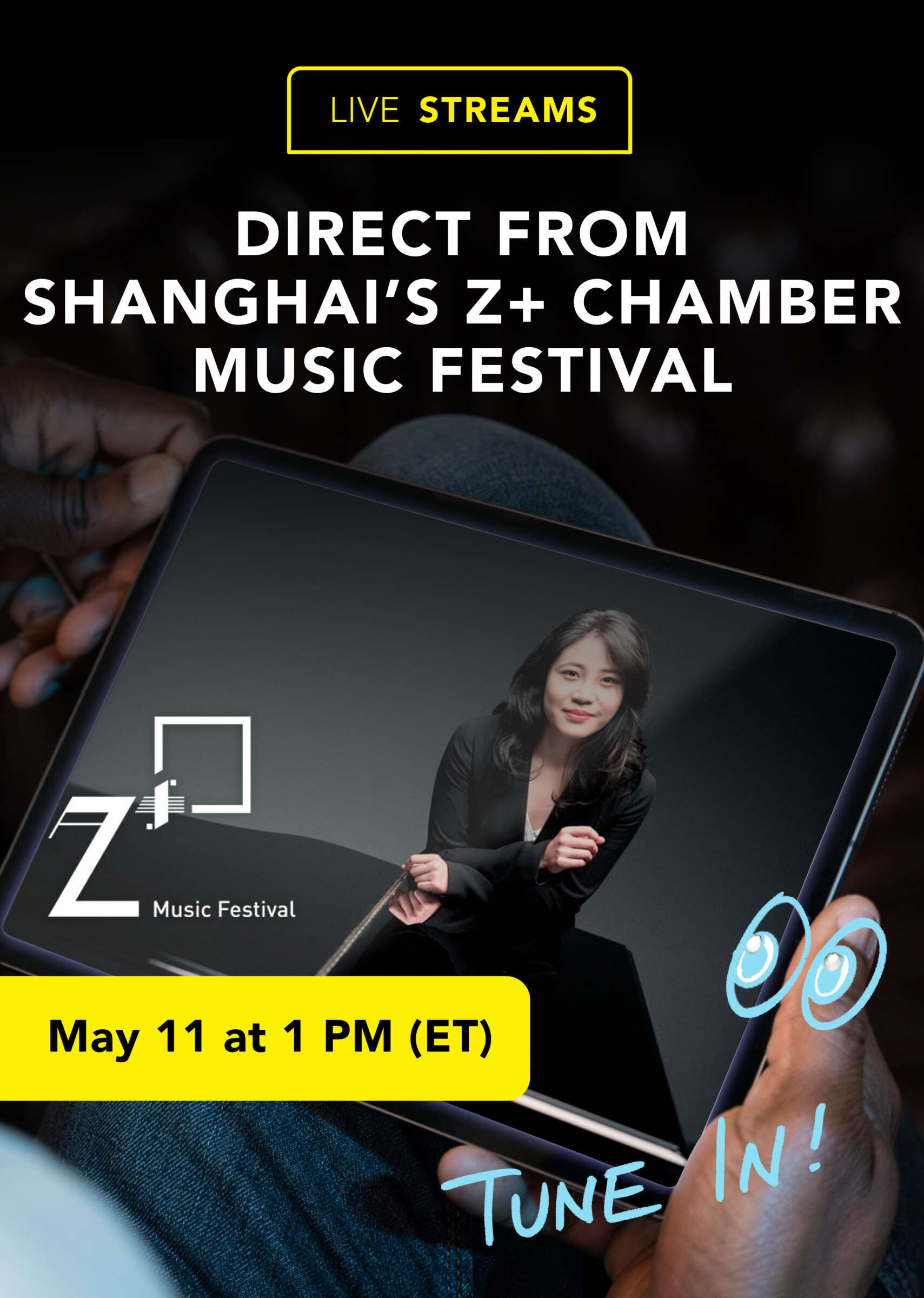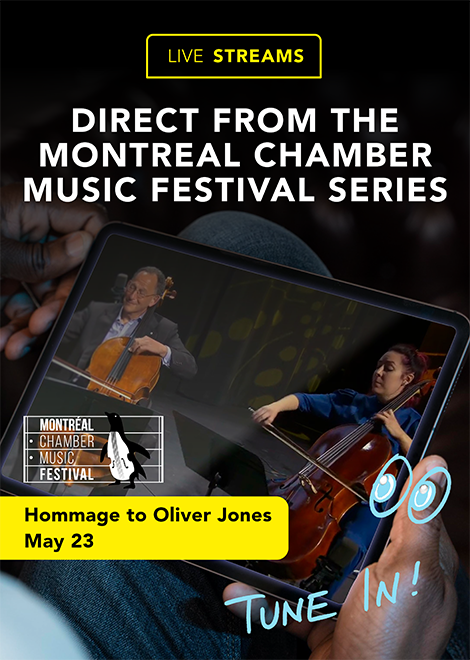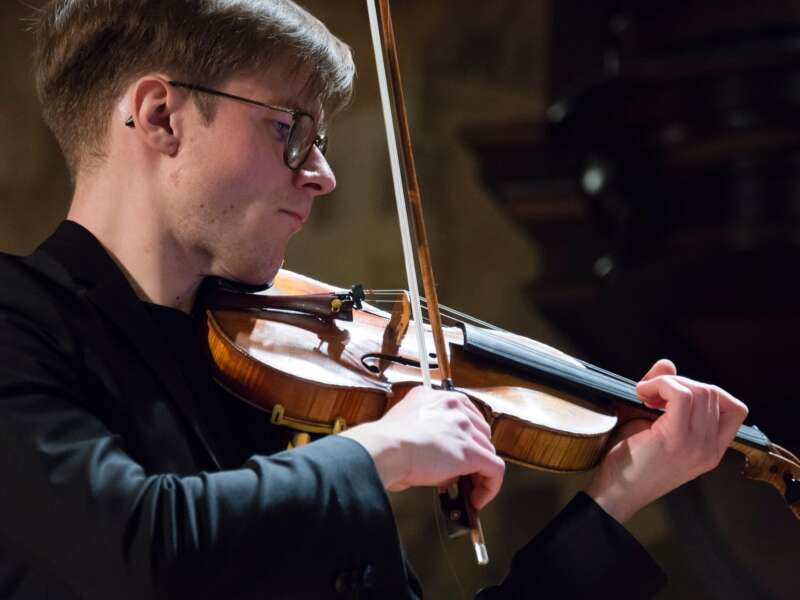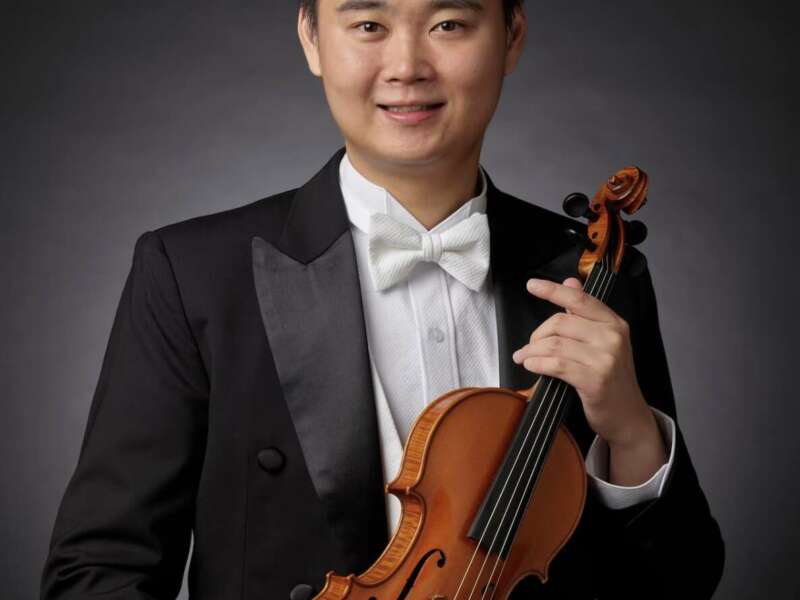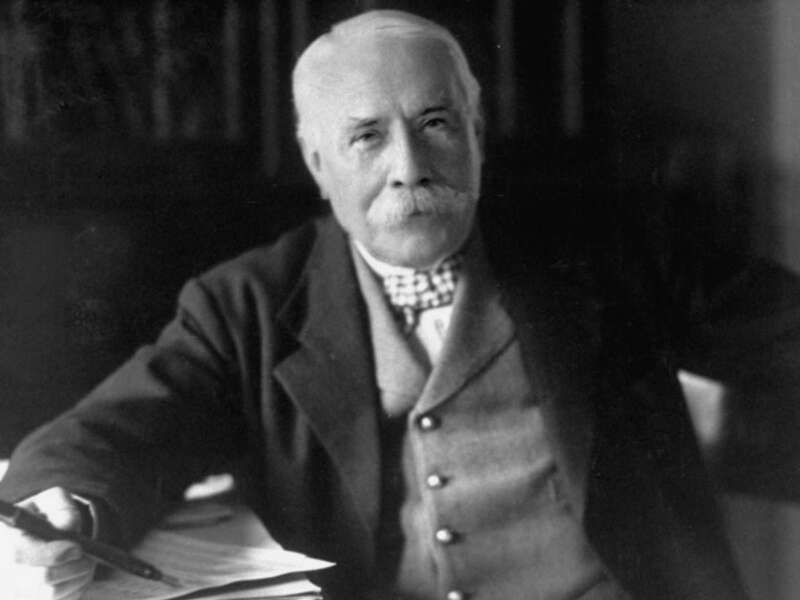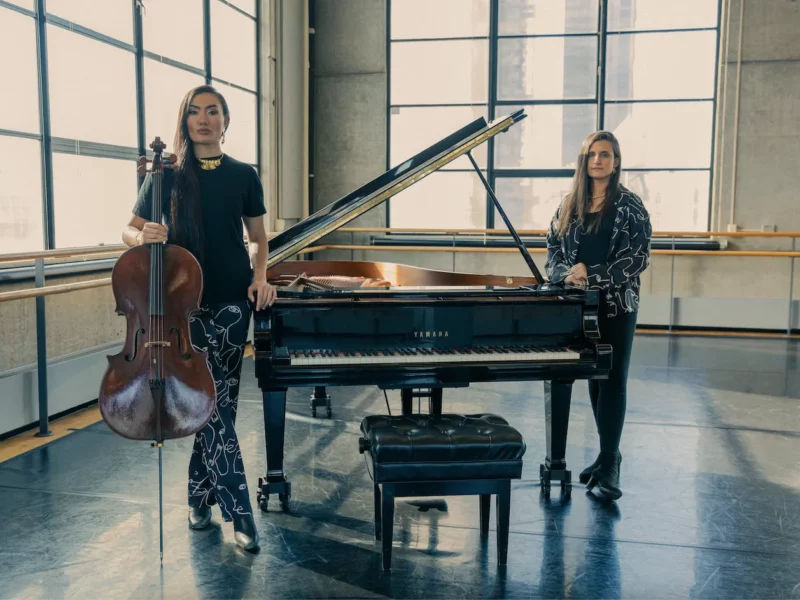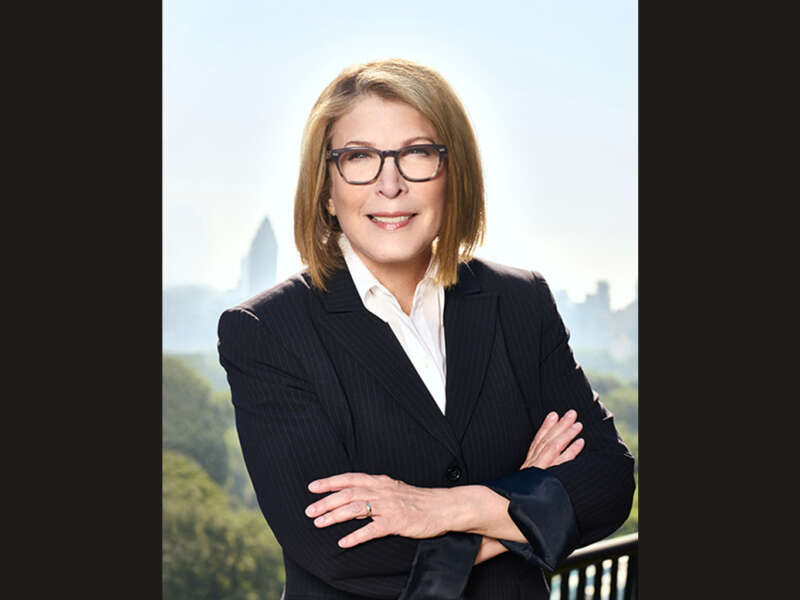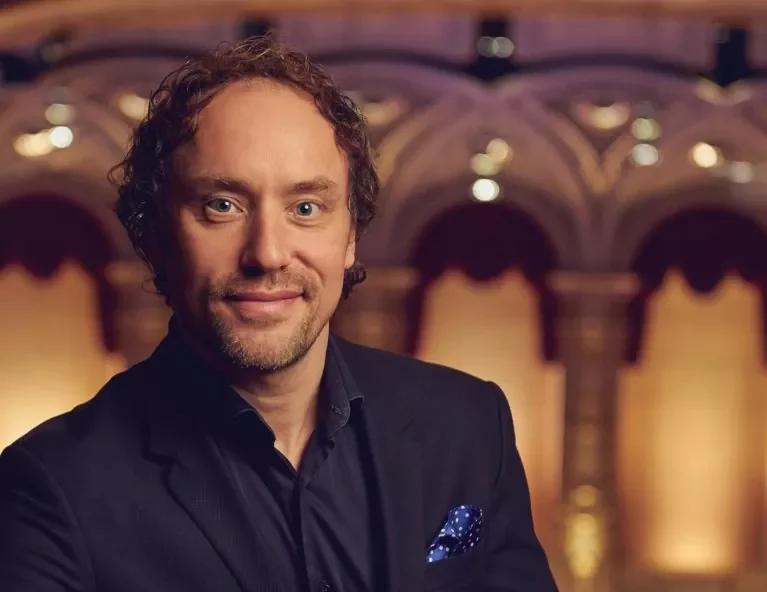Academy of Music in Liechtenstein's Drazen Domjanic on What Makes the School Unique
Classes for violin, cello, and piano will be held from September 2024 to May 2025
Founded in 2010, the Musikakademie in Liechtenstein is one of Europe’s leading music education programs for emerging artists.
The program will offer individual lessons, chamber music coaching — plus classes on competition and audition preparation. Each applicant can register for several intensive weeks per year.
The violin faculty will include Latica Honda-Rosenberg, Ana Chumachenco, Ingolf Turban, and Tobias Feldmann. Professors for cello include Ivan Monighetti, Thomas Grossenbacher, Jens Peter Maintz, and VC Artist Kian Soltani.
To learn more about the courses, click here. The academy opens the applications for the summer semester again in October 2024.
We caught up with Drazen Domjanic, founder and artistic director of the Academy of Music in Liechtenstein, to learn more.
Tell us about the Musikakademie in Liechtenstein. When was the academy founded?
The International Music Academy in Liechtenstein, now known as the Academy of Music in Liechtenstein, was founded in October 2010 after a three-year preparatory phase. I personally initiated the academy, and its establishment was carried out by the Music & Youth Foundation. This parent foundation remains the main financier of the Academy of Music, which is 99% privately funded. The academy was founded in 2010, because 15 young artists under 18 years of age from the Liechtenstein, Vorarlberg, and Eastern Switzerland regions traveled up to 1000 kilometers per week to receive high-quality instruction at an academy or university. Among the then very young and now successful artists were cellist Kian Soltani, now a professor in Vienna, Sara Domjanic, currently the second concertmaster in Düsseldorf, and pianist Aaron Pilsan. The Academy of Music now mentors numerous international top-prize winners as scholarship holders.
What is its main mission?
The main task of the Academy of Music in Liechtenstein is to serve as a top-tier talent incubator, exclusively aimed at the optimal artistic development of its students. Its holistic educational approach places the personal development of young people aged 9 to 30 at the forefront, alongside individual instruction. Additionally, we help them prepare for a career in music with supportive offerings in the economic and media sectors. The academy's unique selling point lies in its comprehensive educational offerings with professors and lecturers of the highest international reputation. Music transcends mere entertainment; it actively serves the cause of understanding. Thus, the academy also supports young people from the region and engages locally under the motto "Internationally recognized – locally rooted." It remains open to new developments in teaching methodology, didactics, and the creation of corresponding new offerings.
You offer a unique format of intensive weeks, tailored to different levels of playing. Could you please elaborate on the different options students can sign up for?
Yes, we offer various options for our intensive weeks. Firstly, we have the Mignon group for minors up to 18 years old. Then, there's the Grand group for all students up to the master's level. Finally, we offer the Imperial group as the crowning achievement. In this group, students complete four full intensive weeks, four weeks of chamber music, and cover all topics from the Music & Performance modules, including improvisation and jazz, orchestra rehearsals, accompaniment, competition preparation, music and concert pedagogy, and music mediation. Additionally, they participate in a symposium covering non-musical topics. Depending on the group, we also allocate scholarships. The Mignon group receives a 100% scholarship, the Grand group 75%, and the Imperial group 66.6%. For those who already have a master's degree, there are no scholarships available. The non-scholarship costs can be offset by participating in various concerts as soloists, chamber musicians, or festival participants and paid off through Music Academy Digital Credits (MDC). This is an innovative approach closely connected to market realities. We also offer a Friendship Scholarship for socially disadvantaged individuals who, under specific conditions, receive full scholarships, even in the Grand and Imperial groups. Quality is our top priority, following the motto "The best is not enough."
Who is the academy best suited for?
The Academy of Music is best suited for exceptionally talented and diligent individuals. Only they have the chance, at the end of the day, to make a living from music after their education and achieve a sustainable career. We don't want to give false hopes at our Academy. Our programs are designed to support serious students who are ready to fully dedicate themselves to the life of a musician.
Can you tell us about some of your faculty?
Our faculty consists of internationally renowned educators whose names are recognized worldwide. In the violin department, we have Ana Chumachenco, Ingolf Turban, Latica Honda-Rosenberg, and Tobias Feldmann. For cello instruction, we have Jens Peter Maintz, Ivan Monighetti, Thomas Grossenbacher, and Kian Soltani. In the piano department, Pavel Gililov, Milana Chernyavska, Ruben Dalibaltayan, and Claudio Marinez-Mehner lead our students. They all bring extensive experience and expertise, contributing to providing our students with top-notch education.
From September 2024, you’re starting the new school year at your new campus (Hagenhaus) which is currently being restored and renovated. Can you tell us the significance of this campus and what students can expect?
The new campus (Hagenhaus), scheduled to open in September 2024, holds immense significance for our music academy. It allows us to operate on the principle of "Small is beautiful," meaning we maintain very small groups with a maximum of 6-7 scholarship holders per week in excellent conditions. The new campus features a newly acoustically superb concert hall, individual rooms for each student equipped with a silent piano, high-quality instruments for instruction, and an archive stocked with books, sheet music, and numerous vinyl records. Additionally, there is a fully equipped kitchen, communal areas, and a foyer with a restaurant-like ambiance. A modern audio and video studio for streaming and recording completes the facilities. These perfect amenities enable students to fully immerse themselves in music during their stay in Liechtenstein.
Can you tell us what we can expect from the symposium from November 2–5, 2024?
The symposium from November 2nd to 5th, 2024, offers an extensive program of interest not only to students of our academy but also to all musicians. It covers various topics crucial for success before, during, and after education, including tax law, entrepreneurship, marketing, sales, health, mental training, and career planning. Over 30 experts, including music agents, media representatives, orchestra and festival directors, will deliver lectures and engage in discussions. Due to limited capacity, timely registration is essential, with only 20 spots remaining for the symposium. The languages of instruction are German and English.
How does it differ from other music academies?
Our Academy of Music stands apart from other music conservatories on several fronts. Firstly, we do not give master's and bachelor's degrees, as our scholars pursue these at prestigious universities worldwide. We select only the finest talents, resulting in a manageable number of participants. Moreover, we offer unique opportunities through our partners, such as participation in orchestra projects, festivals as soloists or chamber musicians, recordings for leading labels, involvement in our award-winning Ensemble Esperanza, experiences as section leaders, or even concertmasters, and much more. Applying what is learned in practice and receiving appropriate recognition is crucial.
How do you see the classical music world evolving in the coming years and how do you prepare your students for it?
In the coming years, the classical music world will undoubtedly continue to evolve, influenced by a variety of factors. The ongoing changes in societal and cultural dynamics will necessitate adaptations and developments within the classical music scene to remain relevant. One of the greatest challenges will be to engage a younger audience in concerts while also retaining traditional classical music enthusiasts.
A significant transformation will occur in how classical music is presented. Innovative technologies and digital platforms will increasingly play a role in making classical music accessible to a wider audience. This opens up new possibilities for live streaming of concerts, interactive online events, and virtual concert series, facilitating the spread of classical music across borders.
To prepare our students for these changes, it is crucial that they become not only excellent musicians but also versatile artists and ambassadors for classical music. In addition to their musical training, they must develop skills in areas such as self-promotion, digital presence, and community engagement. We encourage our students to find their artistic identity and establish themselves as unique voices in the world of classical music.
Furthermore, we emphasize that our students should not only perform as soloists or orchestral musicians but also act as creative innovators in the classical music world. We encourage them to find new ways to integrate classical music with other art forms, whether through collaborations with dancers, visual artists, or theater groups.
Another important aspect is fostering a global perspective among our students. The world of classical music is not limited to a specific country or region but is an international community of artists and enthusiasts. Therefore, we encourage our students to gain international experience through exchange programs, international competitions, or concert tours.
Overall, our goal is to prepare our students to be flexible, resourceful, and adaptable in facing the challenges and opportunities that the future of classical music holds. We firmly believe that they will not only preserve the traditions of classical music but also find new ways to keep it vibrant and relevant.
Looking ahead, the world of concert agencies may undergo drastic changes. Orchestras are likely to continue playing a significant role but will need to become more flexible and innovative in order to reach new audiences and adapt to changing audience needs. Collaboration between orchestras, agencies, and other cultural institutions will be crucial in maintaining the diversity and vitality of the classical music scene.
june 2024
july 2024


